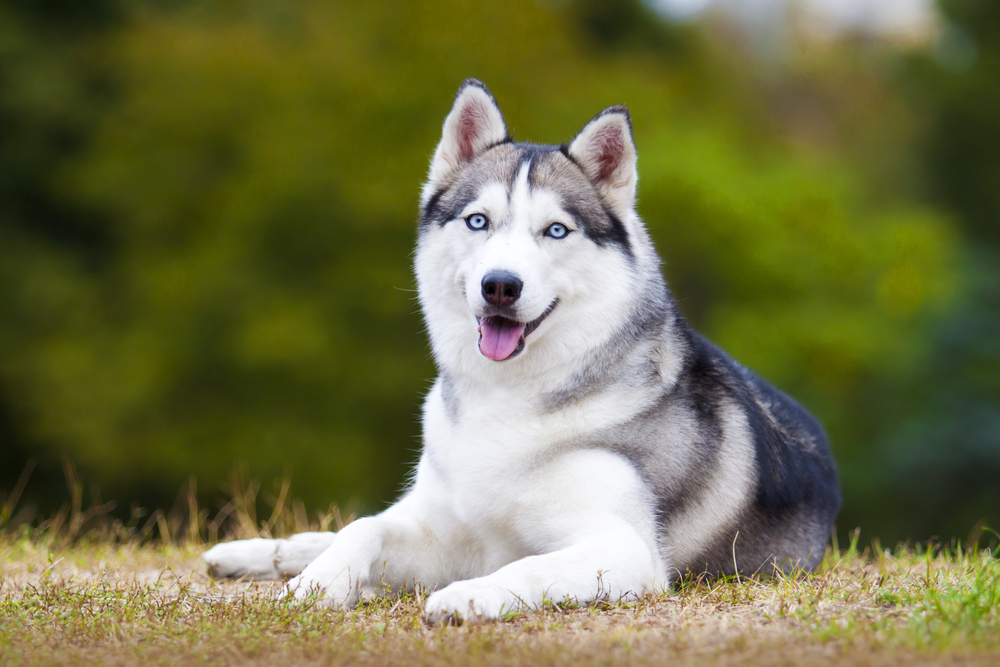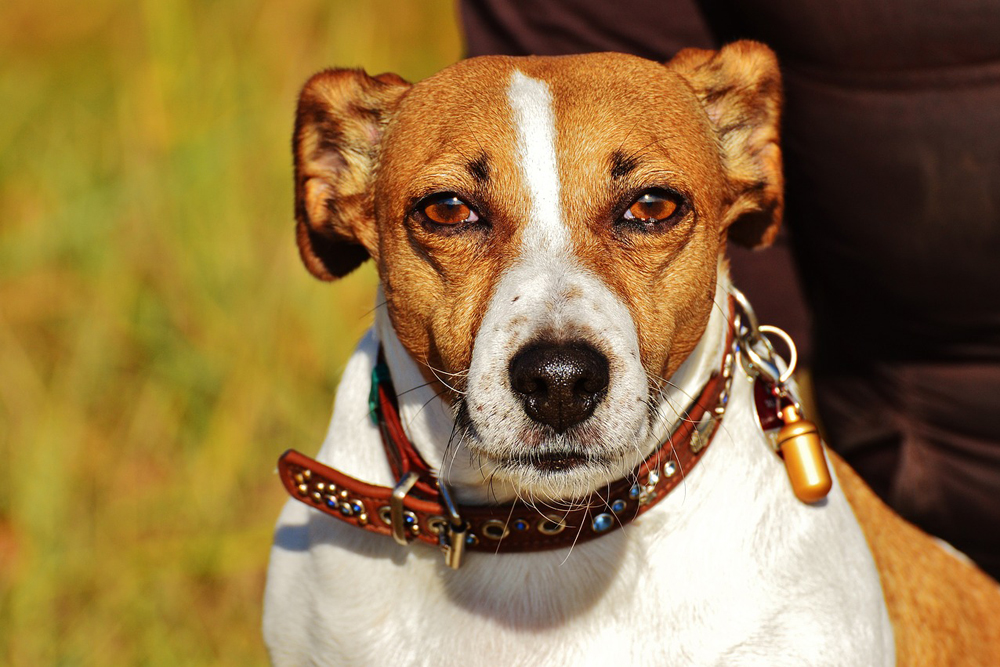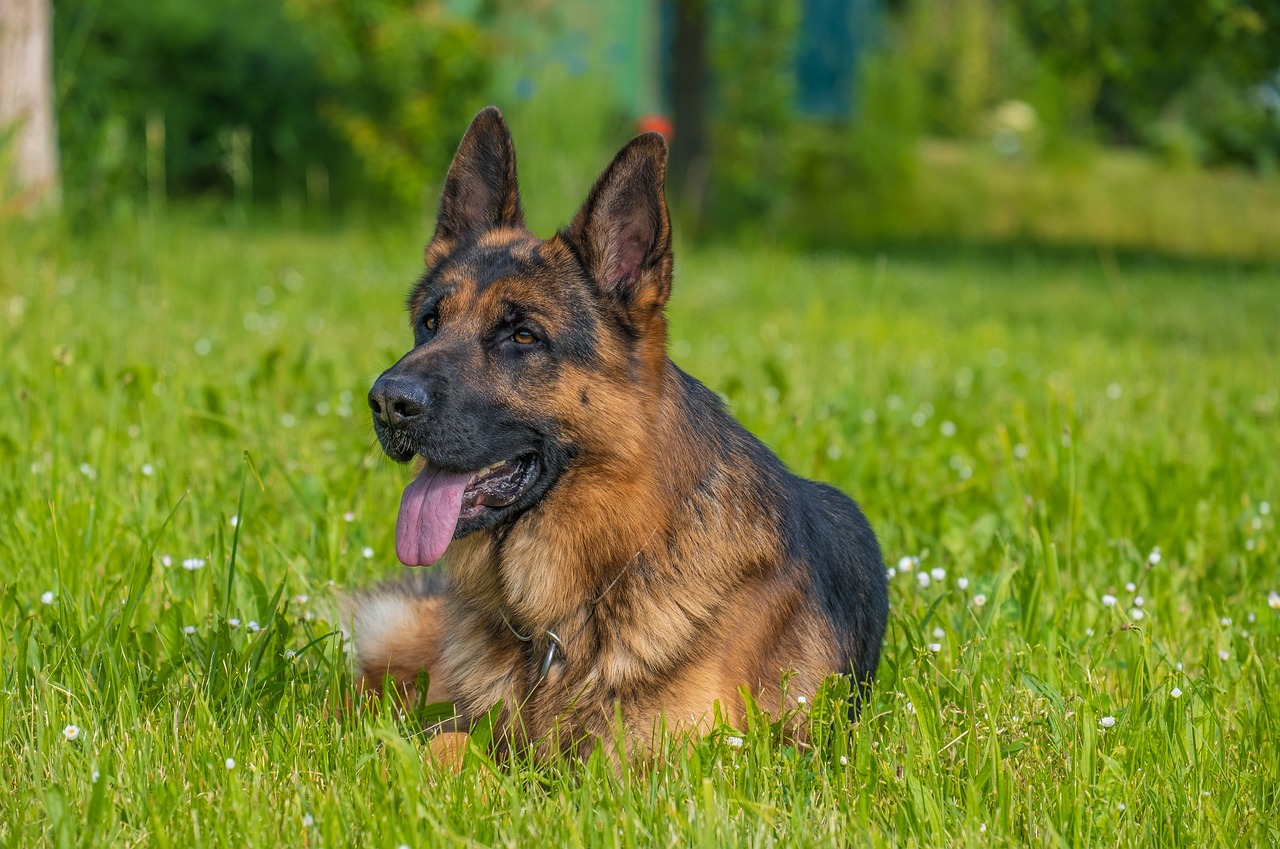In the dynamic and diverse world of dogs, certain breeds exhibit a pronounced tendency for adventure, often leading them to wander far from home. While the loyalty of a canine companion is undeniable, some breeds, driven by instinct, curiosity, or a simple love of exploration, are more likely to run away or stray from their owners. This propensity can stem from various factors including a strong hunting instinct, a desire for social interaction, or even boredom. Understanding these tendencies is crucial for potential pet owners who wish to keep their furry friends safe and secure. This article explores the 8 dog breeds most likely to run away, delving into the characteristics that contribute to their wandering ways.
1. Siberian Husky
Siberian Huskies are known for their incredible endurance and desire for constant activity. Originally bred for pulling sleds across vast icy terrains, they possess an innate need for extensive exercise and mental stimulation. This breed’s high energy levels and intelligence often lead them to seek adventure beyond the backyard. Huskies are also skilled escape artists, capable of overcoming fences and other barriers with surprising ingenuity. Owners need to provide ample exercise and secure their environment to prevent these spirited dogs from wandering off in pursuit of excitement.

2. Beagle
Beagles, with their keen sense of smell and hunting background, are naturally inclined to follow their noses, often leading them away from their safe spaces. This breed’s strong tracking instincts can kick in at the sight, or more accurately, the scent of small animals or intriguing odors. Beagles are curious and determined, qualities that serve them well in hunting but can lead to trouble in a domestic setting. Secure fencing and leashed walks are essential to keep these scent-driven adventurers from taking off on an olfactory adventure.

3. Jack Russell Terrier
Jack Russell Terriers are small in size but boast immense energy and an adventurous spirit. Originally bred for fox hunting, their tenacity and boldness can often translate into a propensity to explore and, consequently, to stray. Their intelligence and agility enable them to find creative ways to escape confinement, making them one of the breeds most likely to run away. Providing Jack Russells with ample exercise and mental stimulation, along with secure fencing, is crucial to keeping them safely at home.

4. German Shepherd
German Shepherds are highly intelligent and active dogs that require significant mental and physical stimulation. Their strong working instinct and curiosity can sometimes lead them to stray if they’re not given enough attention or if they find an escape route. While their loyalty is unwavering, boredom or the lure of an interesting scent can trigger their wanderlust. Ensuring German Shepherds are engaged with regular training, exercise, and play is essential for keeping them content and safely contained.

5. Labrador Retriever
Labrador Retrievers are among the most popular breeds worldwide, known for their friendly nature and high energy levels. Their love for exploration and water can sometimes lead them to wander off in search of adventure or a nice swim. Labs are sociable animals who may also leave home seeking interaction with other dogs or people. Providing a secure, engaging environment and regular opportunities for exercise and socialization can help prevent these beloved family pets from roaming too far.

6. Border Collie
Border Collies are renowned for their intelligence and high energy. Bred for herding livestock, they possess an innate drive to work and move. Without sufficient mental and physical stimulation, Border Collies may attempt to find work or adventure on their own, leading them to stray from home. Their agility and problem-solving skills can make containment a challenge. To keep a Border Collie safe, owners should invest in secure fencing and provide plenty of exercise, training, and interactive play.

7. Boxer
Boxers are playful, energetic dogs with a strong desire for companionship and activity. Their boundless energy and curiosity about the world around them can sometimes lead them to venture beyond the safety of their homes. Despite their protective nature, the prospect of an adventure or the pursuit of a passing animal can override their better judgment. Ensuring Boxers have a secure backyard to play in and receive ample daily exercise can help mitigate their wanderlust.

8. Dachshund
Dachshunds, with their distinctive silhouette and bold personality, were originally bred to hunt badgers, giving them a strong prey drive and curiosity. This breed’s determination and fearlessness, combined with the lure of an interesting scent, can lead them to wander off in pursuit of an imagined quarry. Their small size can also make it easier for them to slip through small gaps in fencing. Providing Dachshunds with plenty of supervised outdoor time and engaging in scent work or tracking games can help safely satisfy their hunting instincts.

While the adventurous spirit of these breeds can lead to challenges in keeping them safely contained, understanding their needs and tendencies is the first step in preventing escapes. Providing ample exercise, mental stimulation, and secure environments are key strategies for keeping these exploratory breeds safe. Additionally, investing in training and recall exercises can further ensure that, even if they do manage to slip away, they can be safely returned home. Ultimately, the joy and companionship these breeds offer far outweigh the challenges, making the effort to keep them safe a rewarding endeavor for any pet owner.
 Toledo, United States.
Toledo, United States.
